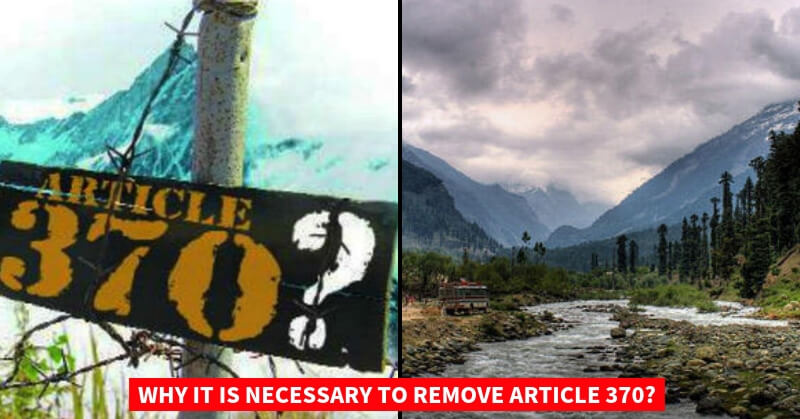I am sure there will not be anyone who doesn’t know about Article 370 because the Kashmir problem is not just a state problem but the country problem.
Every other day we witness its bad consequences. Before going to analyze its removal, let’s go back to its history.
We need to know what really happened at the time of independence.
There were around 562 princely states and all of them had framed their own constitution.
However, Sardar Vallabhbhai Patel, India’s first deputy prime minister and the minister of home affairs, integrated 562 princely states with the Union of India and prevented the Balkanization of the newly-independent country.
But there was just one odd state; the state of Jammu and Kashmir delayed signing the Instrument of Accession.
Why?
Sheikh Abdullah led a massive ‘Quit Kashmir’ movement against Maharaj Hari Singh (the Hindu king of then Kashmir) in 1946. That time, the country was close to Independence. Abdullah wanted to establish himself as an undisputed future leader of the Valley.
Due to the politically charged atmosphere in the country at that time, Abdullah was quite naturally jailed. After Nehru got elected as Congress president, he freed Abdullah. And so, Maharaja became reluctant to be a part of the Nehru-led India.
Why Nehru Saved Abdullah?
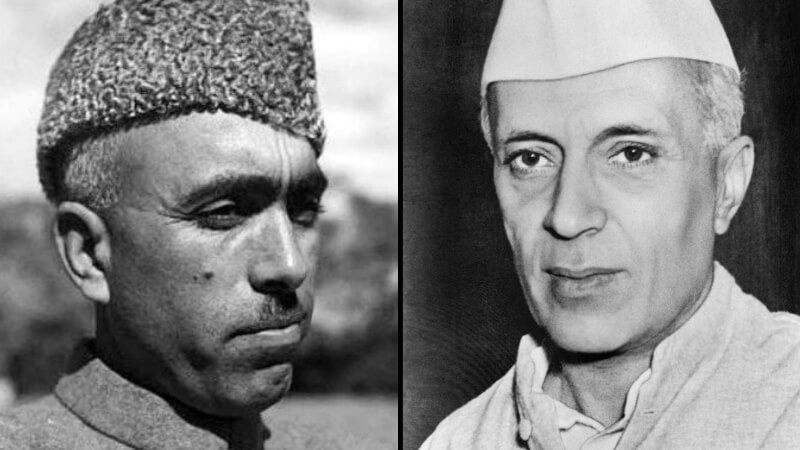
National Conference headed by Sheikh Abdullah is a very good friend of Nehru and wanted control over Kashmir. Both Abdullah and Nehru hated then Hindu ruler of Kashmir, Maharaja Hari Singh. Nehru didn’t want to lose control over the handling of Kashmir to Sardar Vallabhbhai Patel within the party.
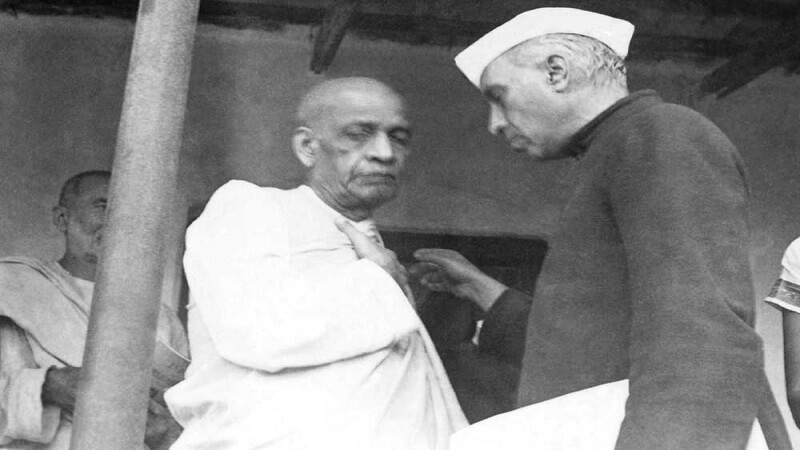
Sheikh Abdullah was installed as the prime minister of the princely state of Jammu and Kashmir after its accession to India in 1947. Due to several political consequences, Article 370 and Section 35A, were introduced subsequently which shows how Kashmir became an endless bargain deal for India.
We all know that on January 26, 1950, the Indian Constitution was adopted. The Jammu and Kashmir State, recognized as an autonomous identity, based upon the Muslim majority character of its population.
What Is Article 370?
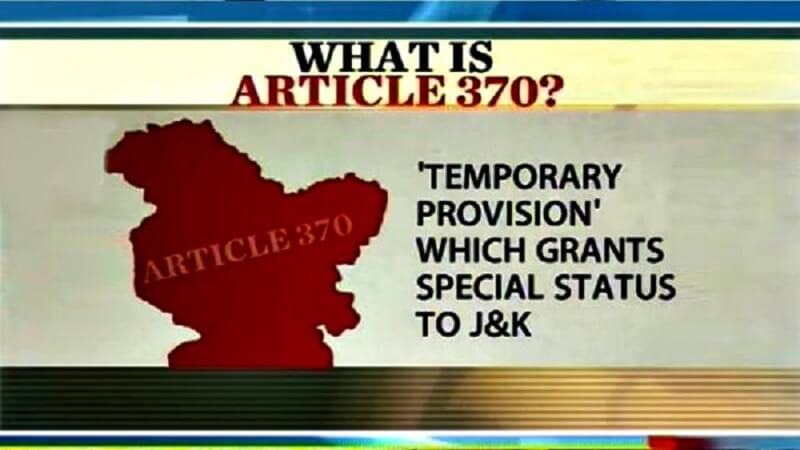
It is a ‘Temporary, Transitional, and special provision’ which gives autonomous status to the state of Jammu and Kashmir.
How 370 Creates Problems?
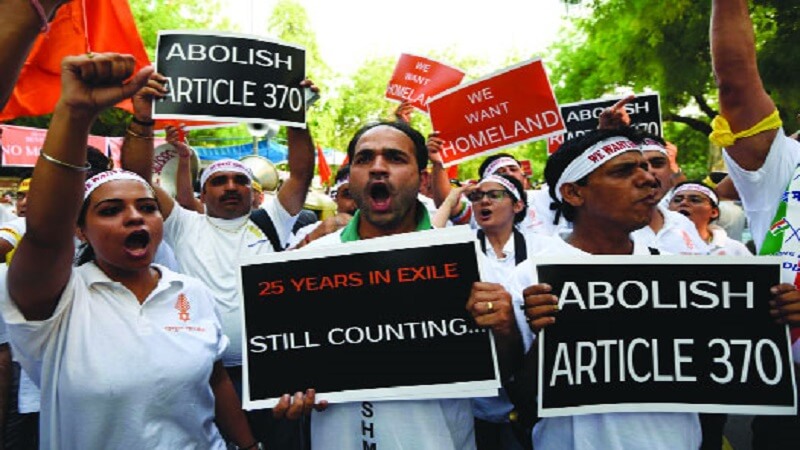
It gives absolute power to Jammu and Kashmir government. Except for defense, foreign affairs, finance, and communications, Parliament needs state government’s concurrence for applying all other laws. It means the state’s residents live under a separate set of laws.
Indian citizens from other states cannot purchase land or property in Jammu and Kashmir. Under Article 370, the center has no power to declare a financial emergency under Article 370 in the state. It can declare an emergency in the state only in case of war or external aggression.
Therefore, the Union government can’t declare an emergency on grounds of internal disturbance or imminent danger unless it is made at the request or with the concurrence of the state government.
Check out the disadvantages of Article 370.
1. India Can’t Develop Kashmir And Without Development There Can’t Be Peace

2. Political Parties And Pakistan Gets Benefit Of 370
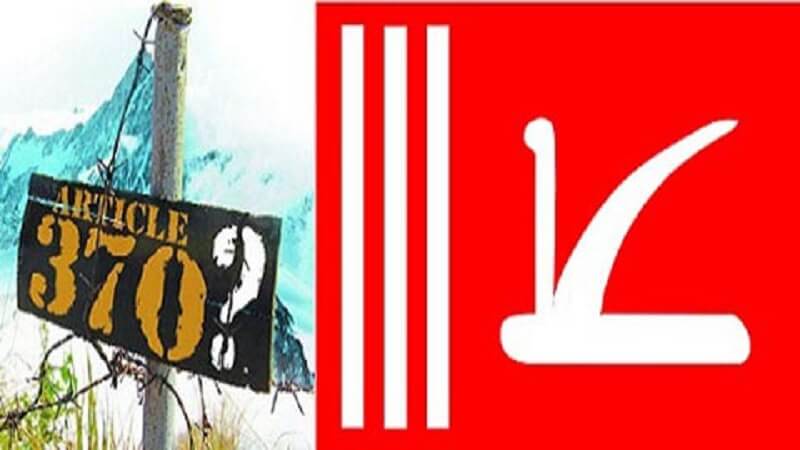
3. Lack Of Medical Facilities

4. Lack Of Basic Modern Facilities Like Wifi etc



